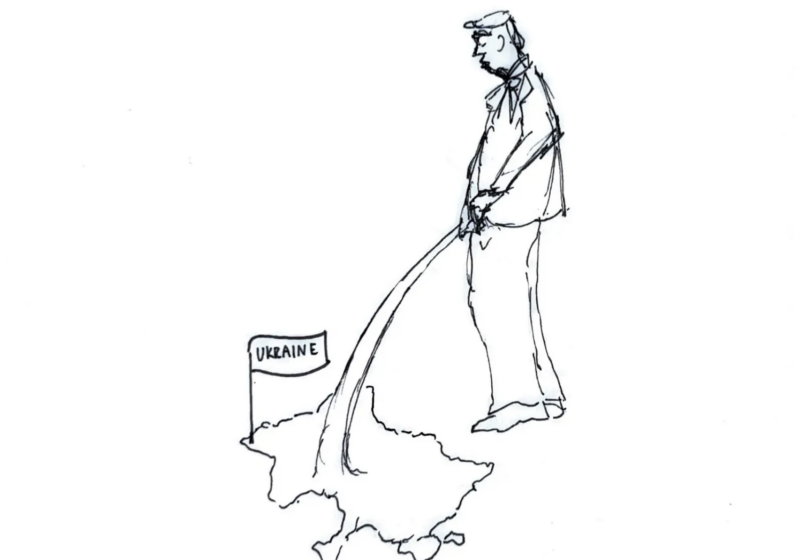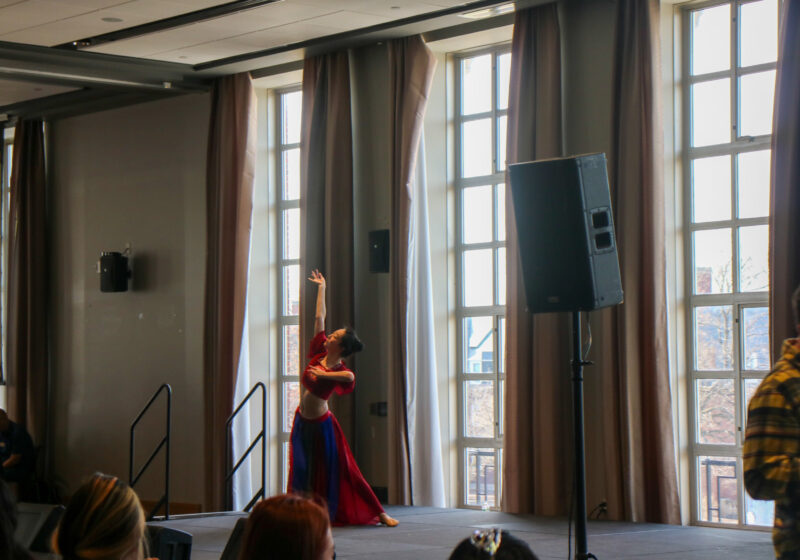At Friday’s climate change demonstration in Wilson Commons, we once again heard about how we can help by making changes in our personal lives like buying organic, or using public transportation.
But people who water their lawns and get to-go orders in styrofoam aren’t ruining the planet.
It’s now more widely known that climate change will not be solved by individual actions.
A 2017 Report showed that 100 companies are responsible for 71 percent of the world’s greenhouse gas emissions. It’s not the amount of resources that’s the problem — it’s the distribution.
While individual actions can and do make an impact, they don’t hold up on the global scale. It’s reassuring to think you have enough agency and that your choices can single-handedly save the planet. But choosing to bike to work — admirable as it is — doesn’t hold a candle to creating policies that reduce the environmental impact of cars before the consumer even buys one. Your choices have some effect, but the decisions of big businesses affect millions. An individual should not have to feel responsible for or guilty about the problems caused by billion-dollar corporations responsible for dumping waste into nearby streams.
This isn’t to say that you, reader, cannot or should not take action on your own. Any amount of action is better than doing nothing. There are plenty of steps you can take to combat climate change. Put your money where your mouth is. Buy more local produce, cut down on beef, or cut it out entirely.
But if your religious recycling habits aren’t going to single-handedly save the world, what will?
When Greta Thunberg was on “The Daily Show,” she was asked what people can actually do to help fight climate change. Her answer: “Inform yourself.”
The thread might seem weak, but being educated can make a difference. In 1962, Rachel Carson published “Silent Spring,” a book that detailed the environmental consequences of DDT, a common commercial pesticide. The book’s publication sparked a controversy that would eventually result in a multinational ban. In short, education worked.
On many pressing social issues, people read in order to first learn the facts, then formulate a plan of action. Many of us fail to even take that first step when it comes to the environment.
The reality is this: Every single issue requires a planet. This is one of the most relevant and pressing issues of our time, and it is one that will eventually affect every single person on the planet.
It’s also insanely complex and overwhelming, with decades of relevant information from all over the globe. It’s tempting to shrug off the sense of impending doom in favor of the daily troubles we all face.
We need to get educated. Start by following “The New York Times’” climate feed on Twitter or even individual journalists. Make climate change plans part of your voting decisions. There’s a Climate March from 3:30 p.m. to 5:00 p.m. on Friday starting at City Hall. Post up.






